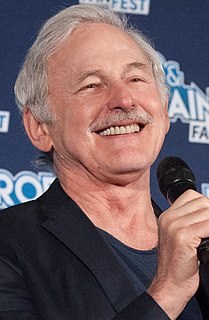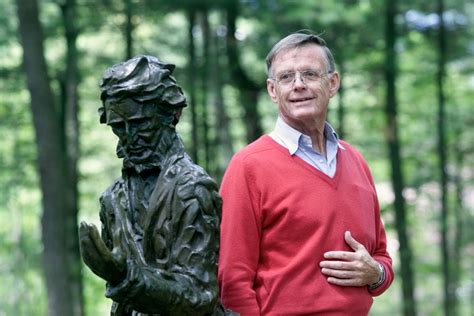A Quote by Khaled Hosseini
She lived in fear of his shifting moods, his volatile temperament, his insistence on steering even mundane exchanges down a confrontational path that, on occasion, he would resolve with punches, slaps, kicks, and sometimes try to make amends for with polluted apologies, and sometimes not.
Related Quotes
She was getting used to his rhythms and his moods, recognizing the quiet signals that telegraphed who he was. Good and bad, strengths and faults, he was hers forever. As she pulled into the driveway, she spotted Logan coming down the steps from the house, and she waved. She was his forever, too—imperfect as she was. Take it or leave it, she thought. She was who she was. As Logan walked toward her, he smiled as if reading her mind and opened his arms.
Sometimes he thinks that if he could only trace the path of his life carefully enough, everything would become clear. The ways that he screwed up would make sense. He closes his eyes tightly. His life wasn't always a mistake, he thinks, and he breathes uncertainly for awhile, trying to find a pathway into unconsciousness, into sleep.
My grandfather would have loved to have met you," he told her huskily. "He would have called you 'She Moves Trees Out of His Path.' " She looked lost, but his da laughed. He'd known the old man, too. "He called me 'He Who Must Run into Trees,'" Charles explained, and in a spirit of honesty, a need for his mate to know who he was, he continued, "or sometimes 'Running Eagle.' " " 'Running Eagle'?" Anna puzzled it over, frowning at him. "What's wrong with that?" "Too stupid to fly," murmured his father with a little smile.
The tree was so old, and stood there so alone, that his childish heart had been filled with compassion; if no one else on the farm gave it a thought, he would at least do his best to, even though he suspected that his child's words and child's deeds didn't make much difference. It had stood there before he was born, and would be standing there after he was dead, but perhaps, even so, it was pleased that he stroked its bark every time he passed, and sometimes, when he was sure he wasn't observed, even pressed his cheek against it.
I'd once been fascinated by his legend - all the stories I'd heard before I met him. Now I can feel that same sense of fascination returning. I picture his face, so beautiful even after pain and torture and grief, his blue eyes bright and sincere. I'm ashamed to admit that I enjoyed my brief time with him in his prison cell. His voice can make me forget about all the details running through my mind, bringing with it emotions of desire, or fear instead, sometimes even anger, but always triggering something. Something that wasn't there before.
By altering his arrangements and changing his plans, the skillful general keeps the enemy without definite knowledge. By shifting his camp and taking circuitous routes, he prevents the enemy from anticipating his purpose. At the critical moment, the leader of an army acts like one who has climbed up a height and then kicks away the ladder behind him.
Ah! but the moods lie in his nature, my boy, just as much as his reflections did, and more. A man can never do anything at variance with his own nature. He carries within him the germ of his most exceptional action; and if we wise people make eminent fools of ourselves on any particular occasion, we must endure the legitimate conclusion that we carry a few grains of folly to our ounce of wisdom.
His mother called such people ignorant and superstitious, but his father only shook his head slowly and puffed his pipe and said that sometimes old stories had a grain or two of truth in them and it was best not to take chances. It was why, he said, he crossed himself whenever a black cat crossed his path.
To no man does the earth mean so much as to the soldier. When he presses himself down upon her long and powerfully, when he buries his face and his limbs deep in her from the fear of death by shell-fire, then she is his only friend, his brother, his mother; he stifles his terror and his cries in her silence and her security; she shelters him and releases him for ten seconds to live, to run, ten seconds of life; receives him again and again and often forever.





































